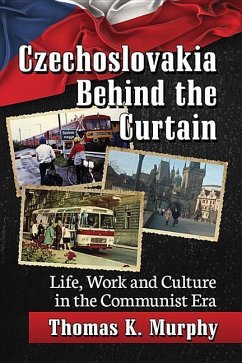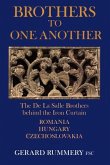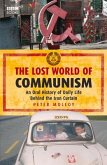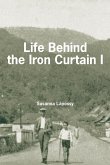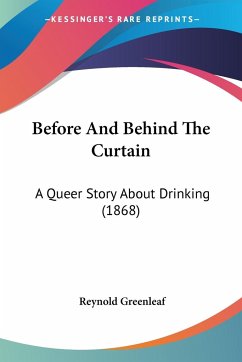During the Cold War, the West--especially in the popular media--tended to view communism as a monolithic phenomenon, with little variation throughout the Eastern Bloc. Yet culture and geography contributed to social diversity among and within communist systems. Drawing on interviews with approximately 100 Czechs and Slovaks, the author provides new perspectives on day-to-day life in the Czechoslovak Socialist Republic. Their recollections paint a more complex picture of the life on the other side of the Iron Curtain, from the Sputnik era reforms of the early 1960s, through the tumult of the 1968 Prague Spring and the subsequent Soviet invasion, to the Velvet Revolution, the collapse of the communist regime and the formation of democratic Czechoslovakia in 1989.

